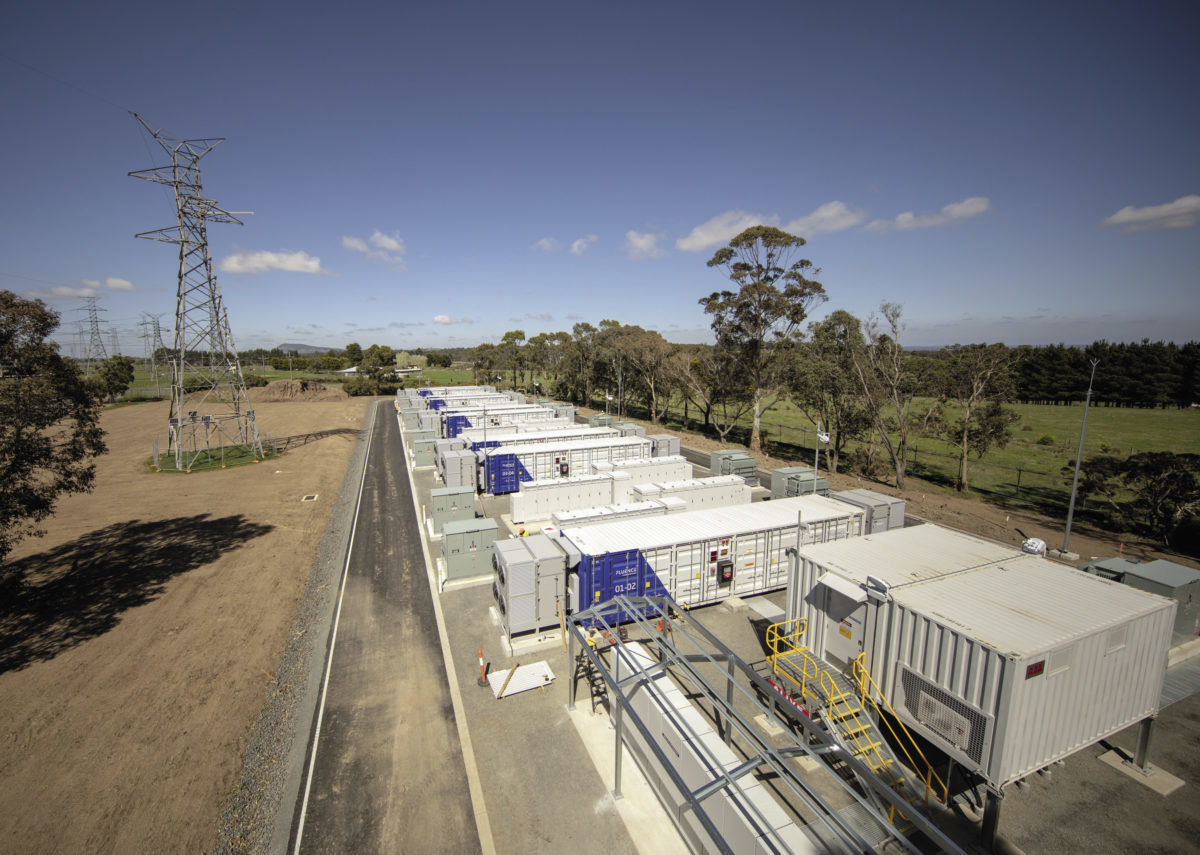The Australian network rule maker has begun an independent assessment of whether postponing five-minute settlement will help or hinder energy businesses manage financially during Covid-19. The new rule, which has been in the works since late 2017, is intended to improve price signals to favor demand response providers and fast-response technologies, such as battery storage.
Last month, the Australian Energy Market Operator (AEMO) formally proposed a delay to the switch to five-minute settlement in light of the need to focus on energy security measures, and to reduce the introduction of new regulatory measures, during the disruption caused by Covid-19. But in a consultation paper released on Thursday, the Australian Energy Market Commission (AEMC) has posed questions to investigate what stakeholders think such a delay would mean for their business.
Five-minute settlement means the electricity spot price will be settled at five-minute, rather than 30-minute intervals. It is a major market reform that rewards fast-response energy generation like batteries, demand response providers and new generation gas peaking plants if they can quickly deliver electricity (or switch off) when the power system needs them to. It was due to come into force on 1 July 2021.
“We plan to treat this rule change as urgent because due to the potential for Covid-19 to cause financial stress for retailers and financial contagion in the energy sector. We also understand discussions on changing the timing around reform causes uncertainty for industry,” AEMC Chair John Pierce said. “We want to remove that uncertainty as soon as possible so we will weigh up the evidence and publish our final determination by early July.”
In April the three energy market bodies – the Australian Energy Regulator, AEMO and the AEMC released a joint draft Covid-19 power plan for consultation with industry. The plan was designed to ease regulatory pressure by slowing down or deferring some reforms and to prioritize work essential to maintaining a secure and resilient power system during the pandemic.
It included a proposal to continue AEMO’s work on five-minute settlement but postpone the start date by 12 months. But the industry feedback obtained via a series of stakeholder workshops on the draft Covid-19 plan suggested the five-minute settlement delay would affect individual businesses differently.
“Regardless of the decision on timing, five-minute settlement remains a critical market reform,” Pierce said. “This means it will go ahead and indefinite delays are not on the table for consideration. Five-minute settlement will be important to keeping the lights on as the power system transitions because it will introduce dynamic new ways to keep the system stable and secure when the wind isn’t blowing and the sun isn’t shining.”
The introduction of the much-anticipated rule in the National Electricity Market (NEM) requires a large-scale industry response so energy businesses have been working hard to prepare for the moment. For instance, the readiness work has involved major projects around IT and metering. Also, some businesses have been investing calculating with the returns they can make under the new rule.
Therefore, the AEMC consultation paper says some of the relevant issues to consider include the effect a delay could have on the return on investments made in anticipation of five-minute settlement – such as batteries or fast-start generators. It also investigates how Covid-19 has affected energy business cash flows and capacity, and what impact a delay might then have (for example, if businesses have already signed IT vendor contracts to implement five-minute settlement reform).
It also looks into whether a delay would provide flexibility for businesses whose staff activities have been constrained due to social distancing/working from home policies, as well as how a delay would impact the contract market and how market participants manage risk.
“We understand it is important to strike the right balance between adjusting for the impact of COVID-19 pandemic and protecting the most important energy reforms underway to deliver a cheaper, fairer, lower emissions power sector for families and businesses,” Pierce said.
This content is protected by copyright and may not be reused. If you want to cooperate with us and would like to reuse some of our content, please contact: editors@pv-magazine.com.









3 comments
By submitting this form you agree to pv magazine using your data for the purposes of publishing your comment.
Your personal data will only be disclosed or otherwise transmitted to third parties for the purposes of spam filtering or if this is necessary for technical maintenance of the website. Any other transfer to third parties will not take place unless this is justified on the basis of applicable data protection regulations or if pv magazine is legally obliged to do so.
You may revoke this consent at any time with effect for the future, in which case your personal data will be deleted immediately. Otherwise, your data will be deleted if pv magazine has processed your request or the purpose of data storage is fulfilled.
Further information on data privacy can be found in our Data Protection Policy.